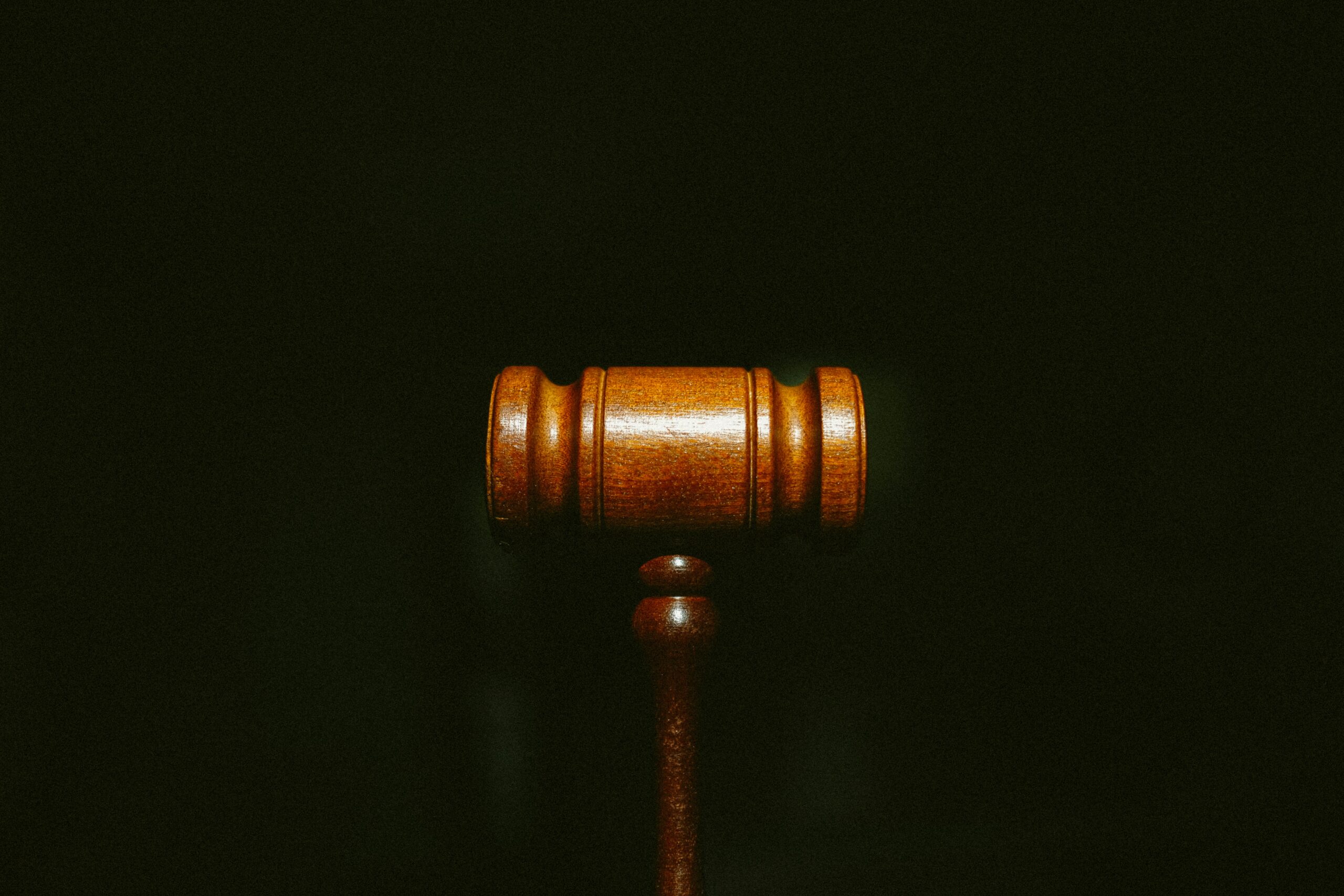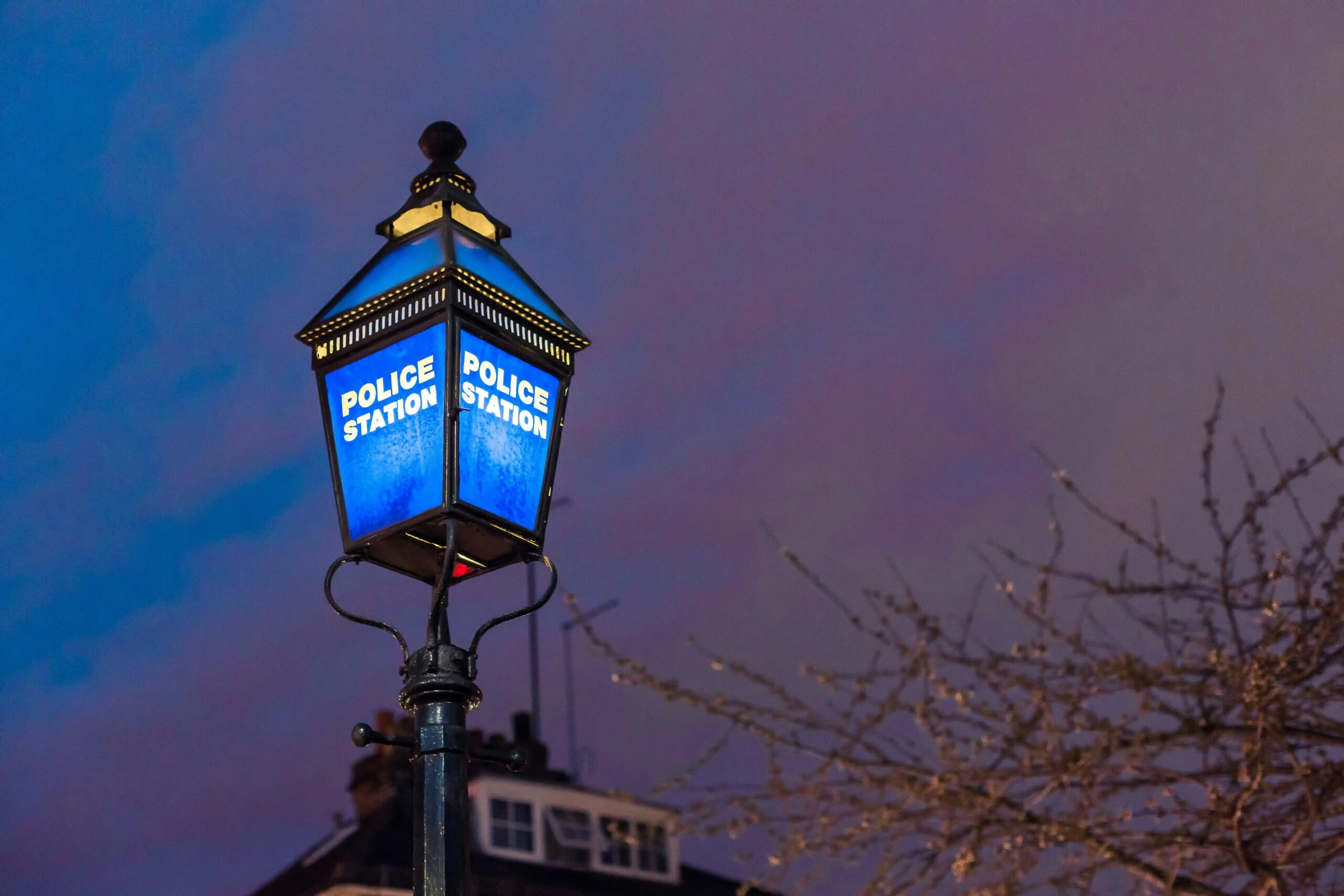A Review of the Bribery Act 2010
In light of the news that a Glasgow-based Logistics Firm has agreed to pay £2.2 million to the Crown after it uncovered illegal bribery operations in its own organisation, Richard Nelson LLP felt it was time to review the potential offences under the Bribery Act 2010.
The Bribery Act 2010 came into force on 1 July 2011. It was introduced to update and enhance UK law on bribery including foreign bribery. The act introduced a new strict liability offence for companies and partnerships of failing to prevent bribery. It places a burden of proof on the company to show that they have adequate procedures in place to prevent bribery.
The Offences
There are four main offences under the Bribery Act 2010:
- The active offence of bribing (offering, promising or giving of a financial or other advantage- Section 1);
- The passive offence on being bribed (requesting, agreeing to receive or accepting of an advantage – Section 2);
- The discrete offence of bribing a foreign public official to obtain or retain business or an advantage in the conduct of business – section 6;
- The corporate offence of failure by a commercial organisation to prevent bribery – Section 7 (should this be committed, it will be a defence that there were adequate procedures in place).
The Punishment
Any offence under the Bribery Act 2010 committed by an individual under Section 1, 2 or 6 is punishable by a maximum penalty of an unlimited fine or imprisonment for up to 10 years or both.
An offence committed by a person other than an individual under section 1, 2 or 6 is punishable by a fine up to the statutory maximum (£5,000).
The corporate offence committed under section 7 can only be tried upon indictment and carries a penalty of an unlimited fine.
If a company is convicted of an offence under Section 1, 2 or 6, then the directors can also be found personally liable.
As the offences are financial in nature confiscation proceedings can also be commenced upon conviction which could lead to further financial losses to companies and individuals.
Defences
There is a full defence available if you can show you had adequate procedures in place to prevent bribery, what counts as adequate depends on the size, nature and complexity of your business. The following six principles (Proportionality, Top Level Commitment, Risk Assessment, Due Diligence, Communication, Monitoring and Review) will help you decide what, if anything you need to do differently.
The strict penalties above mean reviews should be carried out regularly on the procedures in place to ensure that they provide adequate protection against the commission of any offence.
If you have any queries arising from an investigation under the Bribery Act 2010 please contact Richard Nelson LLP via our Contact Us page, or take a look at our commercial service page.




